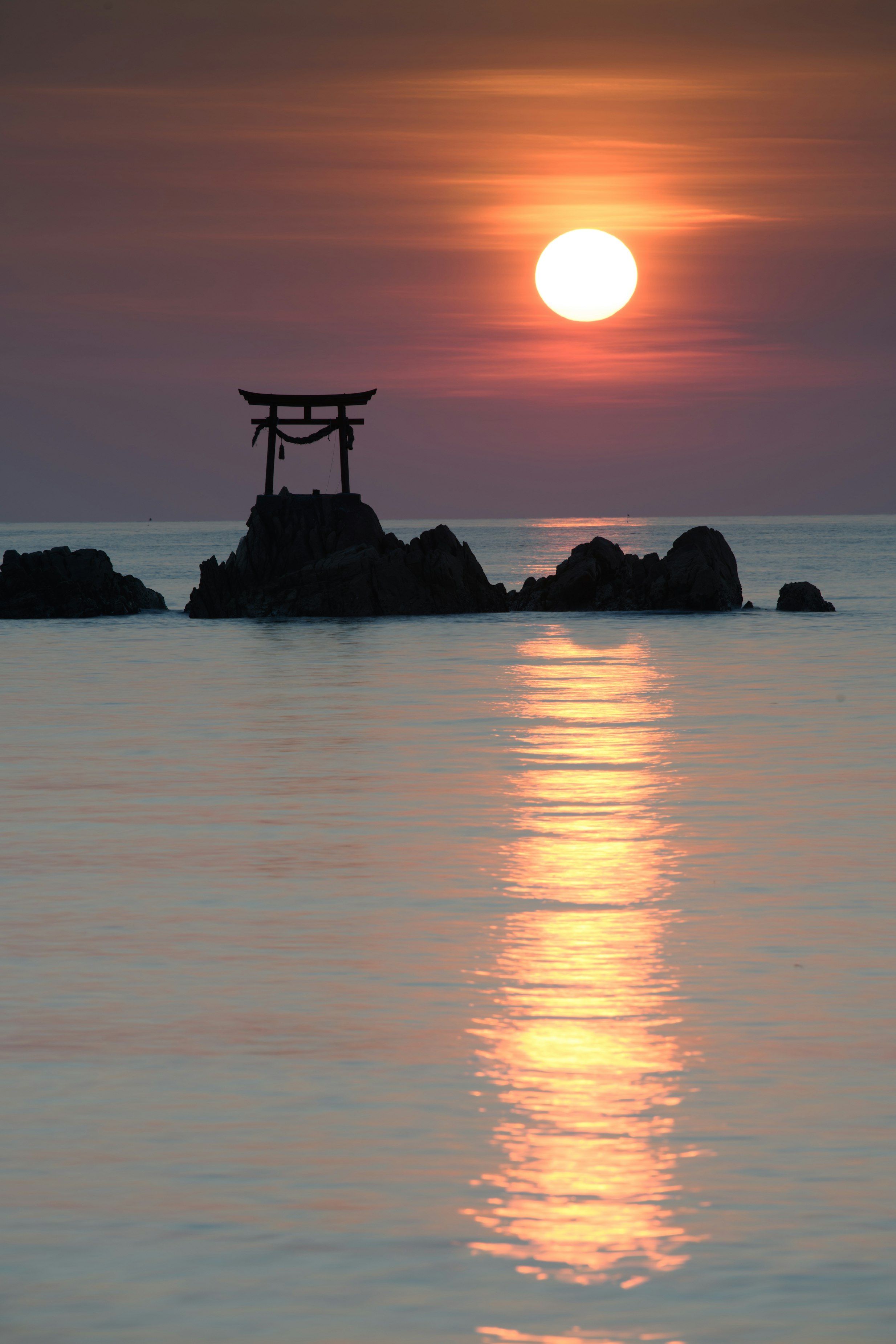 I've been a huge Dickens fanboy since a Christmas in high school when I decided to read his most famous story. You know, from an actual book. The kind with no battery.
I've been a huge Dickens fanboy since a Christmas in high school when I decided to read his most famous story. You know, from an actual book. The kind with no battery.That was the initial infection. By the end of my undergraduate years I'd read every novel, travelogue, and short story Dickens ever wrote. Followed, in the throes of detox, by several biographies and critical essays, including Orwell's succinct and brilliant analysis of Dickens' place in British culture.
But since those student days I've wanted to write a sequel – more properly, a conclusion – to his most famous work. Because the man left A Christmas Carol unfinished.
In it, as you will recall, bitter old miser Ebenezer Scrooge is visited by four ghosts – or one ghost and three bodhisattvas – who convince him to lay off being a bitter old miser. (Note that in so doing, Dickens invents psychoanalysis fifty years before the fact. Further proof of his visionary genius.)
The story closes on that catharsis, as Scrooge becomes slightly foolish and a lot nicer to those in his circle, and, we're assured, faithfully keeps Christmas to the end of his days.
And there Charles Dickens abandons his greatest novel, leaving us with nothing more than this uplifting but ultimately anæmic introduction.
And they call Edwin Drood a tragedy!
Because what Dickens takes to his own grave is the story of how Scrooge's overdue rejection of the scarcity model went on to raise a swelling wave of economic and social development, the force of which was still carrying, not just Tim Cratchit, but indeed Tim's great-grandchildren, generations thence.
The belief that greed and stinginess are good business was coin of the realm in Dickens' day, as it remains in ours. But there's no evidence that this pat excuse for egotism is exact.
Fact is, having this reality abruptly kicked up his backside by his business partner and three unrelenting enforcers, my man Ben (who was, lest we forget, uncommon sharp) re-entered the world on the day after New Year's and started ploughing wealth into the neighbourhood: creating infrastructure, developing resources, improving standards, and generating something vastly more valuable than simple jobs: opportunity.
And that's not all. He also straight-up turned Queen's Evidence, plying his legendary flint and synoptic command of commercial law to defend the exploited from the predators he used to ride with. Soon those former homies just stood down when they learned Scrooge and Marley Ltd had the account; you don't win against those odds. Because S&M (you thought that name was a coincidence?) will bulldog you on every point until you never even recoup your losses, let alone profit.
And the ironic part is that Scrooge actually got richer for all of this. Probably a lot richer. Because a lot of competent people who'd only served to keep him in gruel prior to that haunted Christmas Eve were paying their rent and thinking bigger.
If the Ghosts of Christmas had thought it through, they would have added some economics to that field trip through his life. Asked him how his amiable and generous old employer Feziwig got so prosperous; shown him what a waste of earning potential were all those ruined present lives; and especially, how rich he totally wasn't by the hour of his death. Scrooge dies in the same crappy flat, surrounded by the same paltry rubbish. If he'd made more money, it hadn't accomplished anything. Not even for him.
In the end, it's just a total waste to have a guy like Scrooge simply stand down.
Because if it's true that the first thing you do when you find yourself in a hole is to stop digging, it is as well that in that moment you find yourself standing beside (or beneath) a pile of soil, holding a shovel.
My thoughts this holiday season; may they be worth the penny.
Wishing us every one the happiest of Yules, and a fruitful new year.
(1915 Arthur Rankham illustration of Jacob Marley auditing Scrooge ["Business? Mankind was my business. The common welfare was my business; charity, mercy, forbearance, benevolence, were all my business. The dealings of my trade were but a drop of water in the comprehensive ocean of my business!"] courtesy of William Pearl and Wikimedia Commons.)















































